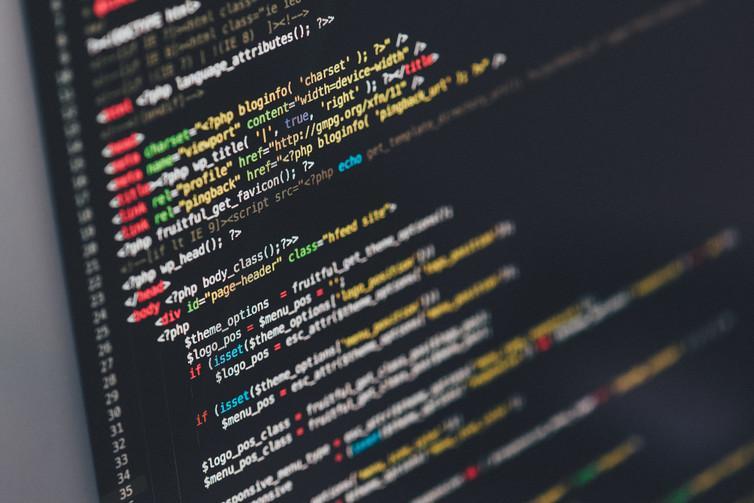Coding the curriculum: new computer science GCSE fails to make the grade
Students are giving the successor to the scrapped information, communication and technology GCSE wide berth

Despite computing education in UK schools going through a massive revolution over the past few years to try and make it more relevant to our increasingly tech-driven lives, the new GCSE in computer science has failed to attract much interest from students.
Figures from the Office of Qualifications and Examinations Regulation (Ofqual) show only a small rise in students taking the new computer science GCSE. This is despite the courses rebranding and the old GCSE in information and communication technology (ICT) being scrapped.
Experts predicted the computer science GCSE would not work as a replacement for the ICT which was scrapped in 2015 as they are very different subjects.
Among course content issues raised was the focus placed on coding and programming – something that many students view as irrelevant to them.
My own ongoing research interviewing pupils in year nine about the changes in the way computing and ICT are being taught, testifies to this. Many of these pupils are frustrated rather than inspired by the shift in the new curriculum

The British Computer Society has equally warned that the number of pupils studying for a computing qualification could halve by 2020 – which would be a disaster for the economy.
Not relevant
Computer skills are already vital to most jobs and this will continue to be the case, but what is still unclear is what sort of computer skills these will be. Education policy seems to give the impression that it is more important to know how to program a computer than how to use one well.
Then there is the issue that what children actually want to know about – things like cyber security and how to get rid of computer viruses – isn’t actually covered in the new style course. So while most children are fully aware that the future world of work will require high level computer skills, they do not see the link between being taught how to program in computer languages and what they will need in the future.
This confusion isn’t their fault, and a lot of it stems from the fact that teachers who previously taught ICT are now being required to teach some combination of computer programming, computer science, computational thinking, and digital literary, with little training or support.
Each of these areas is considered to be important knowledge in terms of the “digital economy”, but it means pupils are receiving a lot of mixed messages on which bits they really need to learn.
In practical terms, this also means computing lessons are now being split between a little bit of time spent looking at concepts of how a computer works, a little bit of time on computational theory – such as search and sort algorithms – and a lot of time learning programming.
Dull and frustrating
Computer programming is hard. Like learning the violin, or a second language, anyone can do it, but for most it takes a significant amount of dedication, time and practice.

The computer science GCSE requires pupils to be proficient programmers to be successful. This has meant teachers now have to spend a great deal of time on programming in the year proceeding GCSE to bring pupils up to speed.
Often this is done through a number of tasks, which are as uninteresting as anything found in the old ICT curriculum. This leaves many pupils with the impression that computer science is programming – and that programming is a dull and frustrating operation of trying to find where you forgot to put a semi-colon. As you can imagine, this doesn’t inspire many pupils to want to choose computer science as an option at GCSE.
From the pupil’s point of view, why would anyone who thinks they want to be a mechanic, a doctor or an accountant want to spend any time writing programs in code – it just doesn’t seem relevant to them.
But the thing is that each of these careers is being transformed by the digital economy – as is almost every profession. Only providing a single GCSE option of computer science fails to meet the needs of any student – except those that have at least some interest in becoming a computer scientist.
To only offer computer science is like dropping all the sciences except physics and being surprised when all those who had previous taken biology didn’t just happily go along with it.
Ultimately, if we want to ensure British children have the skills they need to be successful and are not left behind in a digital economy, there needs to a computing curriculum that covers a whole range of areas – not just how to program.
Pupils also need to be spending more than one hour a week – the current standard – learning computing prior to their GCSE years. If this doesn’t change, we are putting the future of the country at risk by disenfranchising many more young people away from computing-based careers. And if we want to inspire the next generation of computer scientists, this isn’t the right way to go about it.
Benjamin Wohl is a PhD candidate at Lancaster University. This article was originally published on The Conversation.
Join our commenting forum
Join thought-provoking conversations, follow other Independent readers and see their replies
Comments
Bookmark popover
Removed from bookmarks